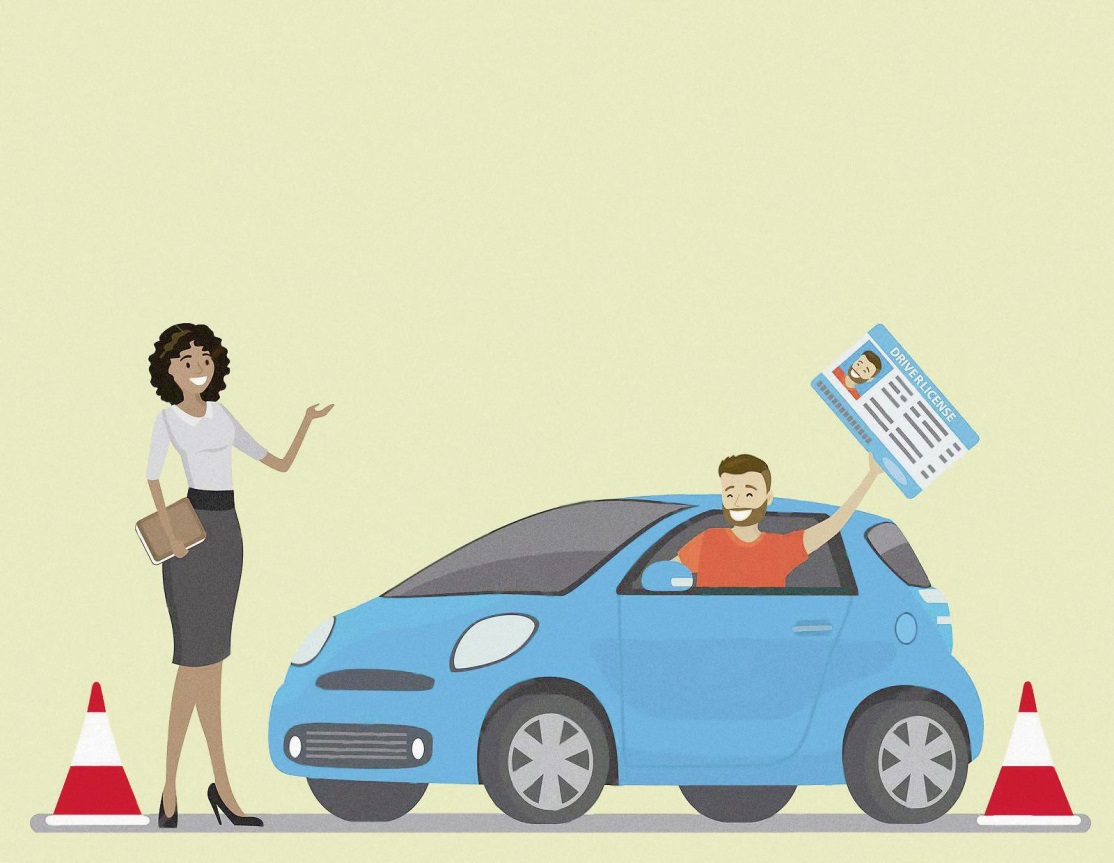For individuals without access to a robust public transit system, a driver's license can both symbolically and practically represent freedom and independence. Yet many of our loved one's may need a little extra help, education, and support to make obtaining a license a reality.
GET YOUR KIDS ON ROUTE 66
BY ANDREW ARBOE AND JOSHUA FISHKIND, J.D., MBA

Being able to drive a car is often seen as a milestone, yet the full impact it can have on an individual's quality of life is commonly underdiscussed. Obtaining a license can help an individual advance in their career and social life, because of the increased mobility, flexibility, and access it provides. It should not be underestimated how life-changing driving can be for individuals, regardless of disability status. Unfortunately, driving may not be as readily discussed with neurodiverse individuals, including autistic individuals and those with anxiety disorders. Neglecting the conversation around driving is a missed opportunity, considering that a driver's license can be the difference between being dependent and independent for many individuals.
In fact, driving is considered a core part of understanding need. For example, without the ability to drive, can an individual easily commute to their job? Without driving, can an individual fulfill all responsibilities of their job, or do they need to change careers to have a remote job? If the individual cannot drive, do they need inhome support services, as opposed to community-based services that are further away? Without the ability to drive, does the individual have access to sufficient social activities and outings, or are they limited to certain destinations? And would the ability to drive improve their ability to work and earn a steady income, obtain greater access to necessary supports and services, and socialize with friends and family, while also exploring new social settings?
Incorporating driving goals into a life care plan is a great way to guide a loved one toward obtaining a license. The care plan should include current driving skills and goals, and set a plan for strengthening those skills, or accomplishing goals, in a way that is sensitive to unique learning styles, strengths, and challenges. Utilizing the plan, your circle of support, which may include professionals as well as friends and family, can support goal attainment in many areas of life, including driving.
EMPLOYMENT OPPORTUNITIES
It is no secret that the type of employment an individual chooses can impact what transportation style they may need to utilize. Depending on the job and the location, an individual may be able to rely on public transportation or walking; however, there are many instances in which driving is a necessity for career success. For example, if an individual wishes to be a social worker, who travels around a city or state for their work, they will need the independence driving provides to meet all job responsibilities and requirements. While some jobs do not require long commutes, such as jobs in large cities or remote work, driving may be unavoidable depending on an individual's circumstances and location. In fact, for most individuals living in rural areas, public transportation is either unavailable, unreliable, or inaccessible, which increases their need for a driver's license.